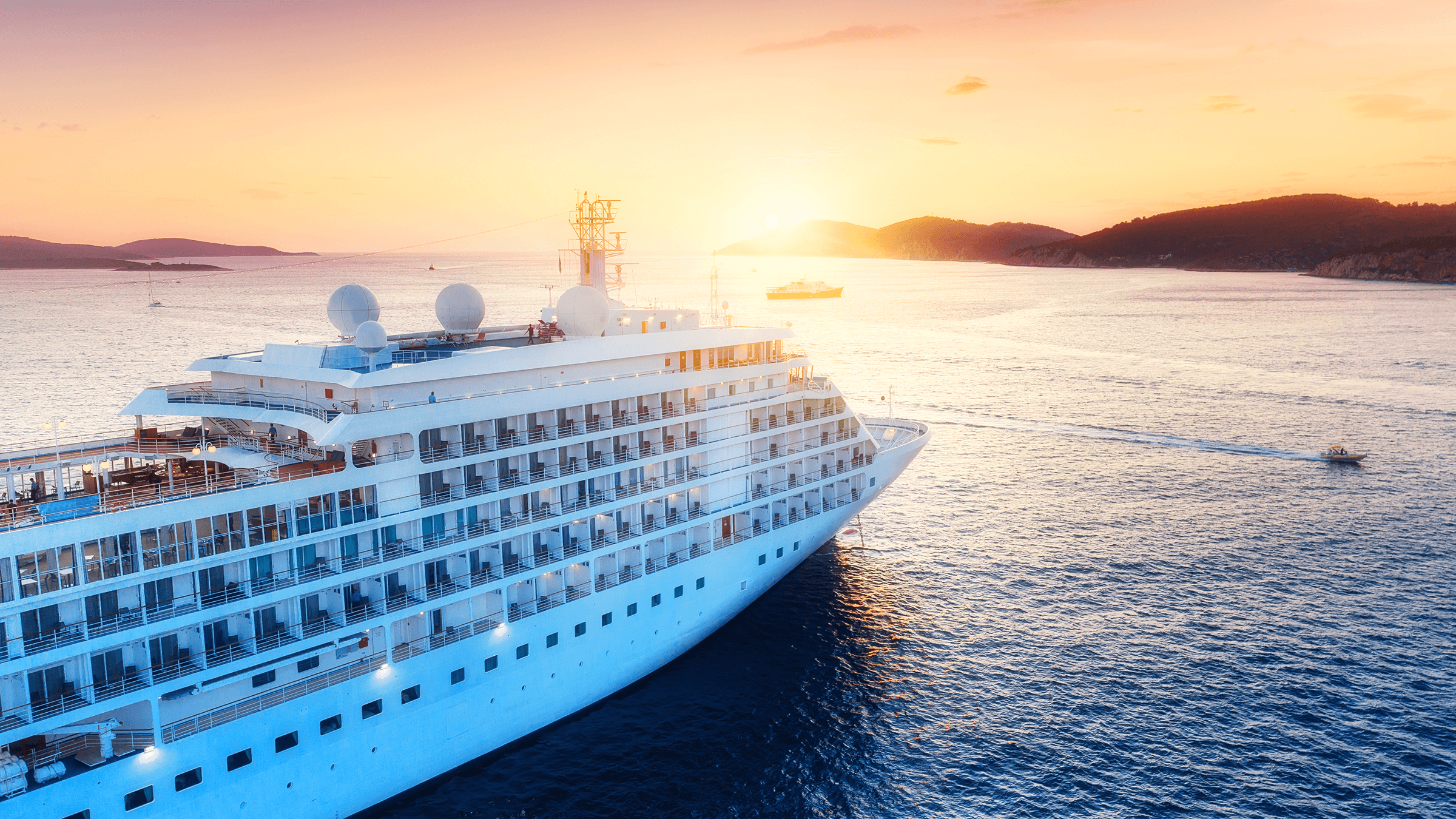It was not all that long ago when the topic of health and safety was synonymous with a stuffy, clipboard-clad employee in a hard hat. In Britain at least, we are used to the stereotypical notions of health and safety slowing things down – one only has to look to David Cameron’s New Year’s resolution in 2012 to ‘kill off’ our safety culture ‘for good’.
Today, of course, things look a little different. As Covid-19 hit, the need for national and corporate health and safety preparedness was thrown into sharp relief. While SARS, MERS, Ebola and Swine Flu acted as warm-up acts – especially in Asia – in Europe, Covid-19 has been a test for the strength of corporate health and environmental safety policies.
Across the consumer-facing sector and beyond, businesses with strong leaders in health, safety and security (HSS), and well-established protocols have fared better than those businesses without. As a result, the HSS function has been propelled to the forefront of businesses’ thinking.
As we move into the next – and hopefully latter – phases of the pandemic, hospitality businesses globally are considering their eventual reopening strategies and thinking about new ways of safely trading over the medium term. The winning businesses will be those in which HSS occupies a central position in the organisation and takes on a more commercial and strategic role than ever before.
“The HSS function has been propelled to the forefront of businesses’ thinking.”
We are already seeing many restructures of where HSS professionals sit in the wider organisation. While there is no set precedent for whom HSS leaders report into (it can vary between the COO, HRD, CFO or Chief Commercial Officer from business to business), health and safety is very rarely represented on the executive committee or around the board table. However, as the landscape of health and safety changes, businesses have responded by hiring HSS professionals into more senior leadership positions.
The cruise industry is leading the way here. Royal Caribbean, for example, has selected Pennsylvania’s former Secretary of Health Dr Calvin Johnson as its new Global Head of Public Health and Chief Medical Officer. Similarly, in November 2020, Viking Cruises appointed former Navy Vice Admiral and public health expert Dr Raquel Bono to its executive team as Chief Health Officer. In travel at least, this may be the beginning of a global shift towards HSS-focused executive committee positions. It will be interesting to see whether adjacent industries, such as airlines, follow suit in the months and years ahead.

With environmental health and safety quickly rising up the corporate agenda, what should businesses look out for when making appointments?
Historically, qualifications and specific expertise have been prerequisites for candidates looking to step into a health and safety role. However, conversations with executives in hospitality, travel and leisure over the last few months have revealed that strong operational leadership skills are more important than a HSS background when it comes to driving lasting change and responding to crises. Indeed, appointing high-profile visible figures with natural gravitas can reassure customers, colleagues and investors that the company has the right level of preparedness. The need to motivate, engage and mobilise an organisation is critical. As a result, today’s businesses should look beyond the pool of health and safety candidates when hiring, and consider making new appointments from areas such as operations, management or strategy.
“Today’s businesses should look beyond the pool of health and safety candidates when hiring, and consider making new appointments from areas such as operations, management or strategy.”
Indeed, an inherently inquisitive mindset and a drive to succeed are more important attributes than a specifically H&S-focused background. The ability to challenge – seeing something that has happened and asking “why”, and looking beyond the obvious answer – emerged as a key requirement in this increasingly important discipline.
HSS leaders should also have the intellectual ability to harness digital tools and integrate technology into long-term strategy. Unsurprisingly, tech is already being used in hospitality businesses to mitigate risk and spot potential problems. Sites like TripAdvisor and Expedia, for example, are being scoured by bots to identify issues, allowing health and safety teams to respond far quicker than ever before. Some hotels are already using facial-recognition technology in security cameras to not only allow a more personalised welcome on arrival, but also to track left luggage and unattended items.

Moreover, HSS professionals in the UK may find themselves helping to shape legislation in the years ahead. Britain’s exit from the EU means that the UK government has the power to change regulations without reference to the EU, and therefore lobbying and advising the government on the impact of potential legislation may become part of an HSS leader’s remit. As such, HSS professionals must be equipped with the ability to think broadly and strategically about the entire industry if the businesses they’re representing want their voice heard.
It is clear that HSS should never have been seen as a nice-to-have – and sadly, our industry has been plagued by a number of health and safety failures: the Alton Towers Smiler accident, carbon monoxide poisoning at Thomas Cook in 2006 and the infamous Costa Concordia disaster to name but a few. Looking ahead, the winning businesses will be those which recognise the importance of health and safety, and reflect this understanding in their hiring strategies. While the HSS professionals of the past may have been able to recall facts and ensure compliance with regulation, the HSS professionals of the future are strategic leaders who occupy a central role in the business and can influence change.
sam.seigler@thembsgroup.co.uk | ronan.busfield@themsbgroup.co.uk | @TheMBSgroup








